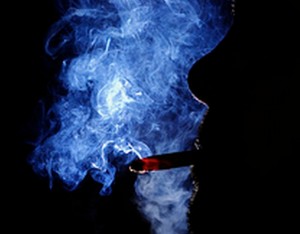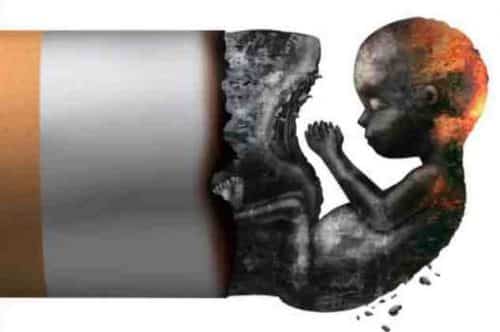
SAN FRANCISCO, CA (November 11, 2016) – Curiosity is a driving factor in why most kids start smoking, and the same is true for kids with asthma. A study presented at the American College of Allergy, Asthma and Immunology (ACAAI) Annual Scientific Meeting found adolescents with asthma were twice as likely to smoke as kids without asthma. And they continue to smoke well into their teen years, even though they know smoking is particularly bad for their lungs.
“The study found 22 percent of the kids with asthma smoked, while only 12 percent of kids without asthma smoked,” said allergist Bradley Chipps, MD, ACAAI Fellow, and asthma expert. “The researchers discovered that curiosity about cigarette smoking is the main reason why kids with asthma start smoking. They then develop a greater dependence (22 percent) to nicotine compared to kids the same age who don’t have asthma (12 percent).” Dr. Chipps was not involved with the study.
The study examined more than 3,300 questionnaires from adolescents between 13-19 years of age. Two groups were formed – those with asthma and those without. The data from the questionnaires revealed teens with asthma who began smoking before 11 years of age continue smoking because they believe the habit lessens their anxiety and stress.[xyz-ihs snippet=”adsense-body-ad”]According to the study authors, the adolescents surveyed indicated they knew smoking was addictive, but often smoked when waking up in the morning or when they were sick. “Despite their knowledge that smoking is bad for their health, the adolescents with asthma didn’t consider smoking to be a problem,” said Dr. Chipps.
ACAAI says that tobacco smoke – including secondhand smoke – is one of the most common asthma triggers, and is unhealthy for everyone. “Kids with asthma already have trouble breathing,” says Gailen Marshall, MD, PhD, ACAAI Fellow. Dr. Marshall was also not involved with the study, but will be speaking at the meeting on the topic of managing asthma through lifestyle changes such as stopping smoking. “If you have asthma, it’s important that you avoid exposure to cigarette smoke of any kind. Smoking makes breathing much harder for kids with asthma.”
“During the 2014-2015 season, influenza vaccination rates were significantly higher for children with asthma (54 percent) compared to children without (44 percent), but were still below goal,” said allergy fellow-in-training Deepa Patadia, MD, ACAAI member and lead author of the study. “It’s important for kids with asthma to get an annual flu vaccine due to increased risk for complications with a serious infection like the flu. We still have room for improvement in getting kids vaccinated against the flu.”
The study also showed that for children with asthma, vaccination rates were lower for children older than 13 years of age and those who were African American. Vaccination rates were higher for children receiving Medicaid and those of Latino and Asian ethnicity. There were no differences observed by gender.
Source: ACAAI




